What does seniors should not stay "long" mean? What harms seniors?
"Long" is the antonym of temporary, which means that the daily life of seniors should take "time" into consideration.
If an experience lasts for a "long" time, it is not only harmful to health, but also harmful to the body. More attention or precautions must be taken to ensure safety. Safety is the senior's blessing.
As people age, their physiological functions and organ systems naturally decline. Their mental, physical strength, vision, and hearing are not as good as before, and even the height, weight, skin, bones and muscles are showing signs of aging.

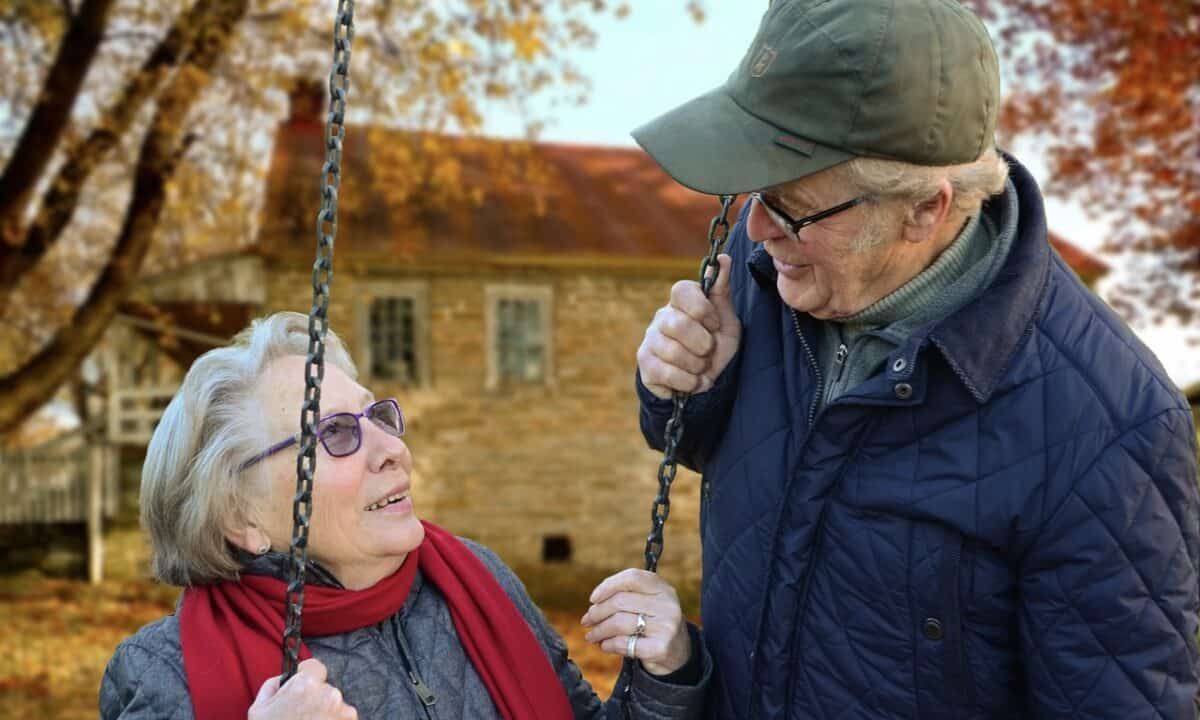
An ancient saying goes: "The human body desires to work, but not to the extreme." Old age requires a small amount of physical activity to train the body and mind, and promote health. There should be light work, not long work, and avoid overwork.
Apart from rest and sleep every day, seniors read books, newspapers, watch TV, pace indoors, walk outdoors, visit friends, or even travel around to kill the time until very old age. However, lying down, looking, sitting, standing, and walking for a "long" time are all inappropriate and must be done in moderation.
Jump to:
Prolonged Lying Down Harms Qi

Qi is the energy flowing in the body. There are innate "yuan qi" (元氣) (vital energy) and acquired "zong qi" (宗氣) that support mental activities, "ying qi" (營氣) (nutrition) that nourishes the human body, and "wei qi" (衛氣) (defense) that prevents diseases.
Lying down means lying down to rest or sleep. There are "brain sleep" to eliminate mental fatigue and "body sleep" to eliminate muscle fatigue. Brain sleep plus body sleep is the real deep sleep. Everybody's body constitution is different, and the depth of sleep is also different. As long as you sleep deeply, you don't have to sleep for a long time. Only when you are sick do you want to rest more; when you are seriously ill, you will be bedridden.
Seniors who live a normal life and have no physical pain do not need eight hours of sleep a day. Practically speaking, six hours is enough. Lying down for a long time or sleeping too much will instead make one lazy and depressed.
Prolonged Looking Harms Blood

Whether reading, writing, or watching TV, you must use your eyes. As people age and their blood declines, their eyes have changed and they need reading glasses to see clearly.
According to the Five Elements Theory of ancient doctors, the liver opens up the eyes; the liver and the eyes are closely related. If the liver is inflamed, the eyes will turn yellow (jaundice). If the liver fire rises, the eyes will become red and swollen.
The liver has the function of storing blood and regulating blood. Insufficient liver blood will lead to dry eyes, blurred vision, and even night blindness. Therefore, looking at something for a long time without taking a break will hurt your eyes and blood.
Prolonged Sitting Harms Muscles
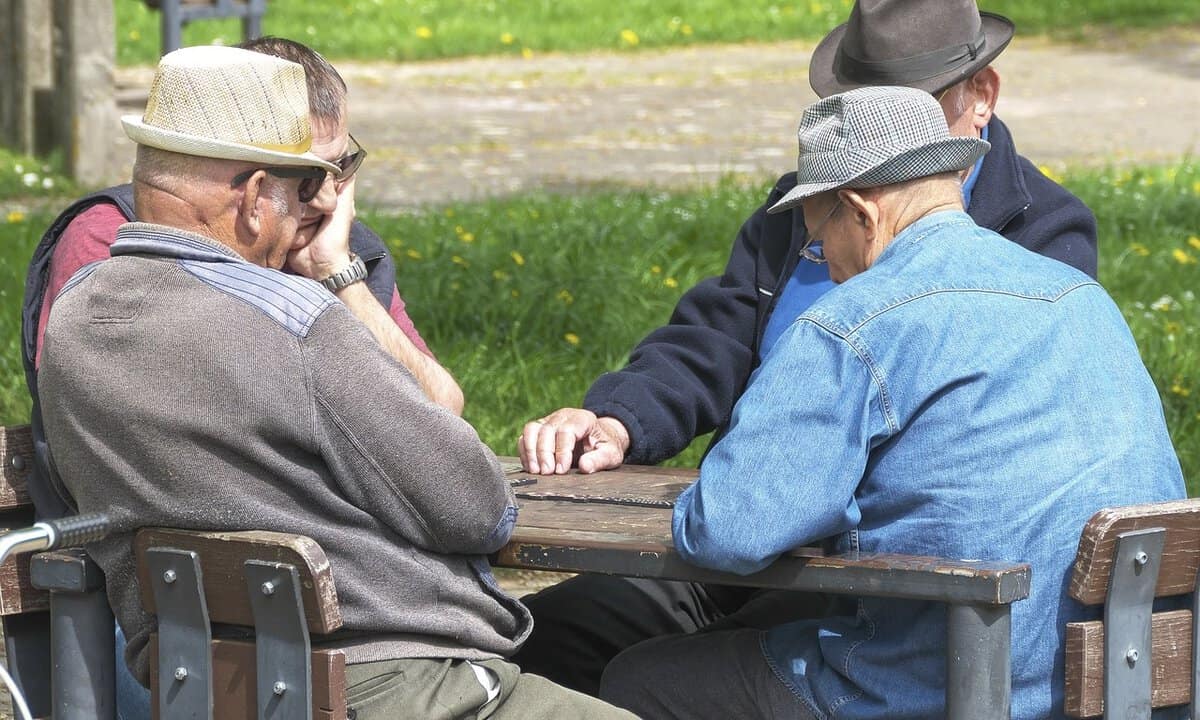
Muscles include skeletal muscles, trunk muscles, limb muscles, as well as cardiac muscle and smooth muscle. Muscles and skin tighten the bones, trunk and limbs to shape the human body and maintain normal posture.
Muscle contraction in different parts will produce different movements, such as walking, writing and chewing. When the movements stop, the muscles relax and return to their original state.
As for the movement of breathing, digestion and body fluids, they are caused by the action of cardiac muscle and smooth muscle. With old age, muscles gradually atrophy and muscle activity declines.
Whether driving, riding in a car, reading, listening to lectures or playing on the computer, sitting still for a long time will prevent muscles from relaxing, and prone to fatigue and injury.
Prolonged Standing Harms Bones
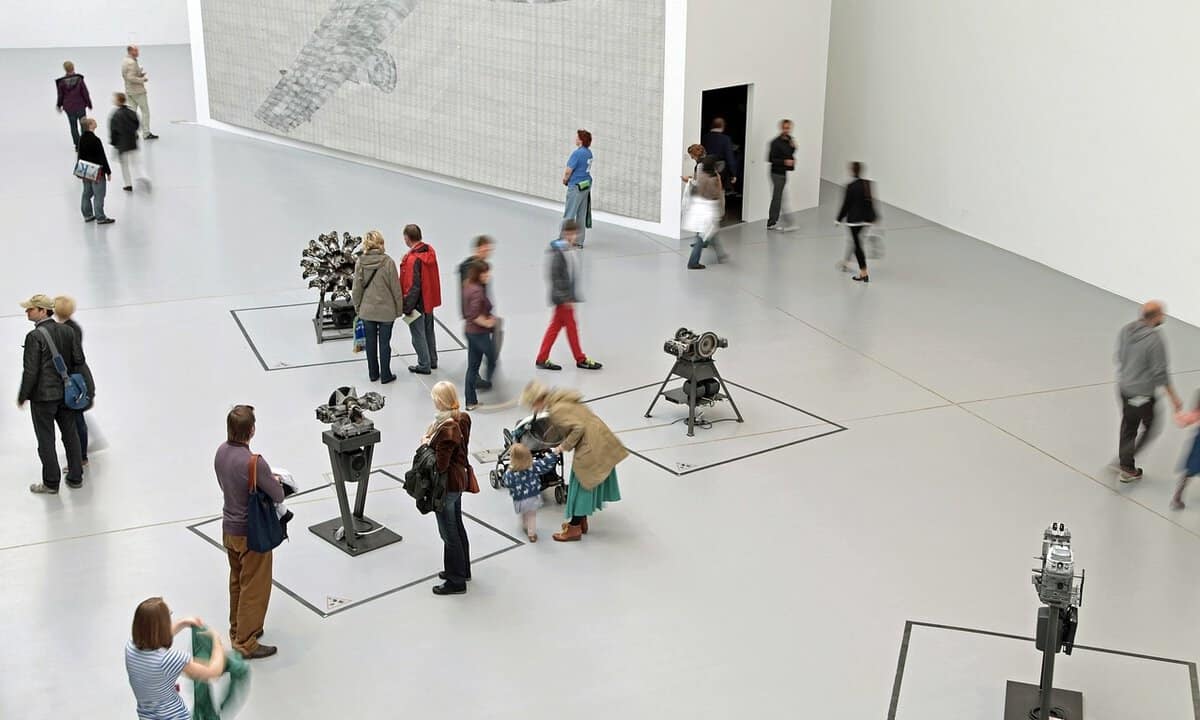
Bones are surrounded by periosteum and contain bone marrow. There are 206 adult bones in total, distributed in the head, trunk, upper limbs and lower limbs.
The bones themselves can withstand force, but cannot bend. Only the joints between bones can perform limited bending activities.
Bones deteriorate with age. The most common cause is calcium loss, which reduces bone density, thins the bone cortex, and reduces bone toughness and elasticity, resulting in osteoporosis, which makes the bone structure fragile and unable to withstand external forces and prone to fractures.
If seniors stand for too long, the bones bear weight beyond their load capacity and become unbearable, how can they not be injured?
Prolonged Walking Harms Tendons
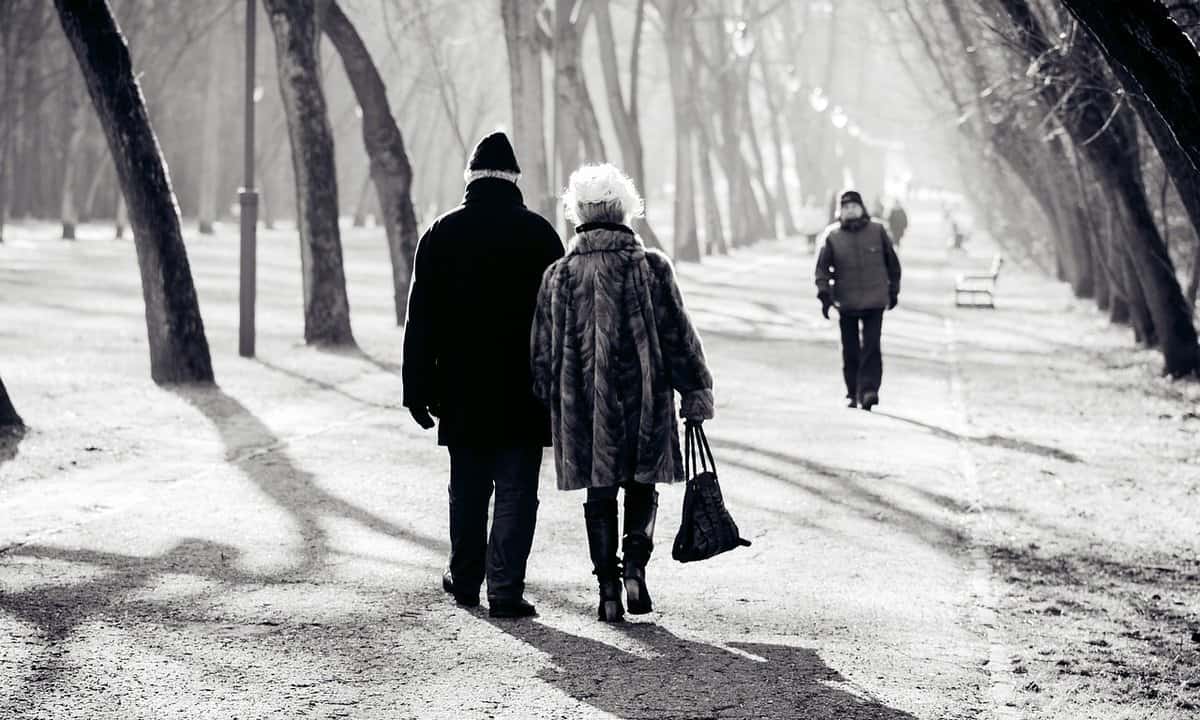
Fiber bundles composed of contractile cells, regardless of their shape and size, are collectively called tendon muscles, or tendons for short.
Those that attach to the bones and cooperate with joints to produce movement are called skeletal tendons, also known as transverse tendons or voluntary tendons.
Those whose fibers form internal organs are called visceral tendons. Because they have no texture, they are called smooth tendons or involuntary tendons.
The tendons commonly referred to are skeletal tendons. It is also said that tendons are the general term for tendons and ligaments, so both can connect muscles and bones.
When the elderly visit parks or shopping malls with their families and walk for a long time, they will definitely be exhausted from walking. Their legs will become weak, and hip joints will inevitably suffer damage.
What Should Seniors Do
At old age, if you do not rely on a cane, can move freely, even drive a car to run errands and do not need help from your children, you should cherish your independence.
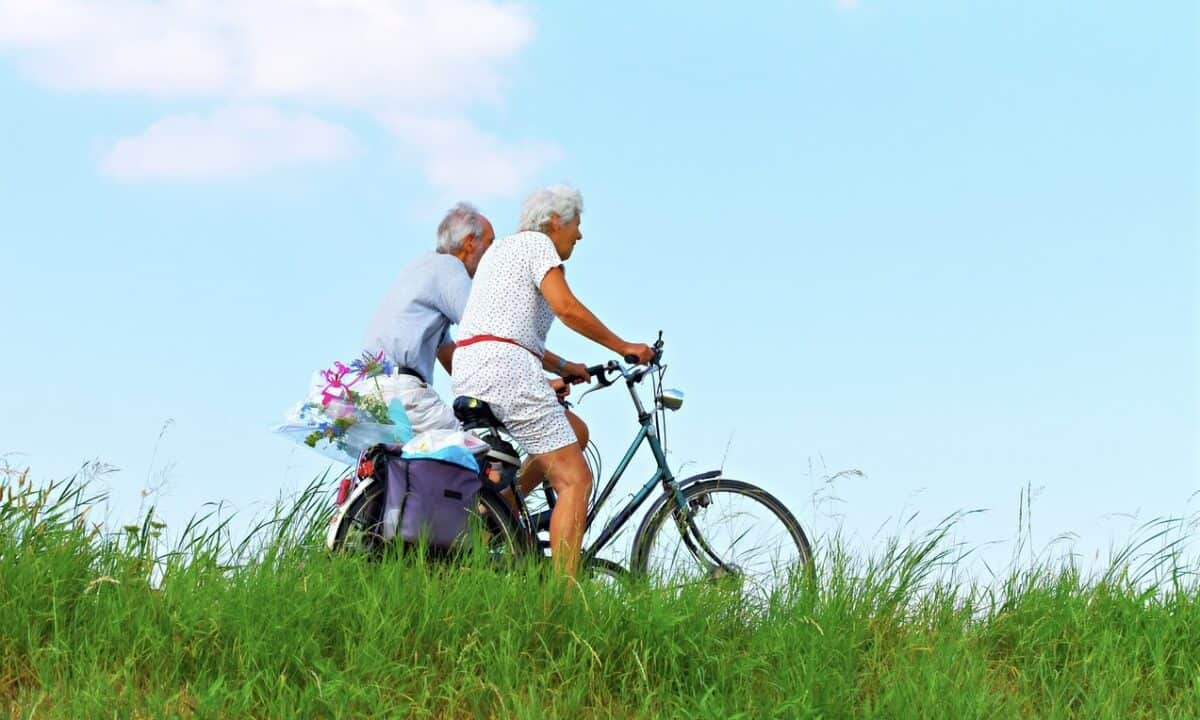

Seniors should keep regular schedules in their daily life. If you have sufficient sleep, you will be energetic. Do sit, stand and walk. The three operate interactively and none of them lasts long, two hours at the most. Cutting the time in half is even better; it is neither tiring nor damaging to skin and bones.
This is for informational purposes only. For medical advice or diagnosis, consult a professional.
Related
Looking for other posts like this? Try these:
Pairing
These are my favorite dishes to serve with [this recipe]:






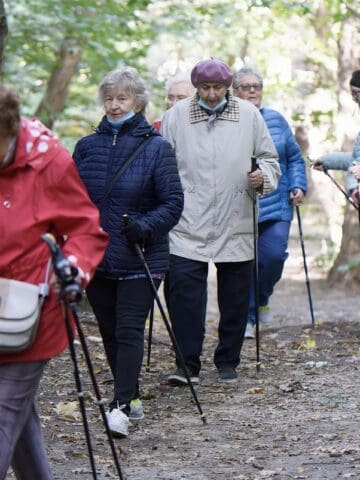



Comments
No Comments